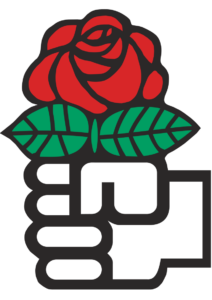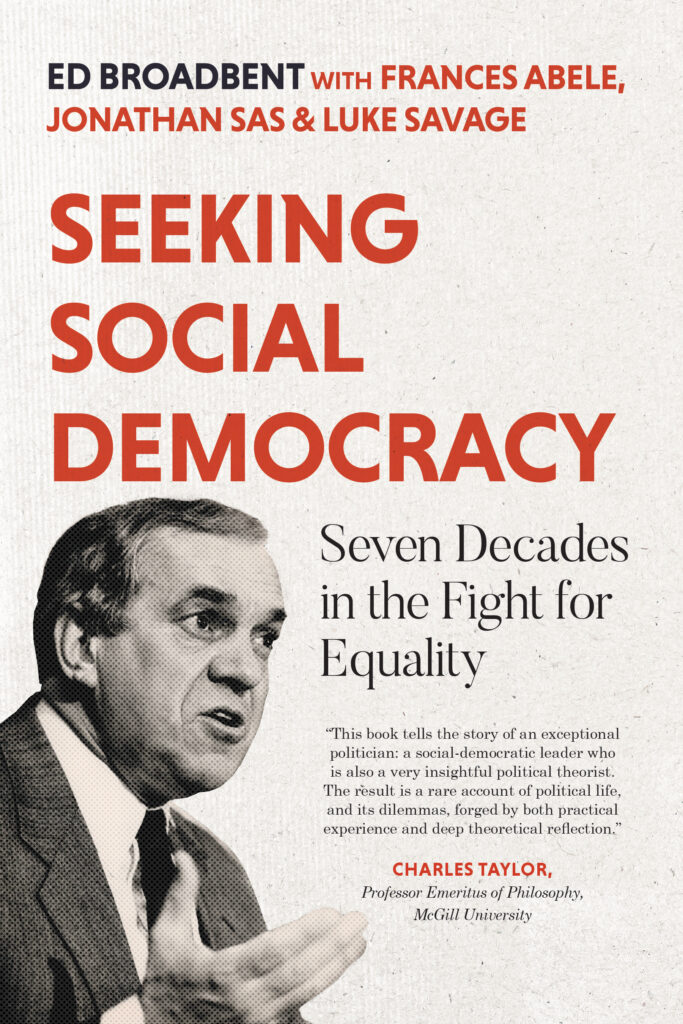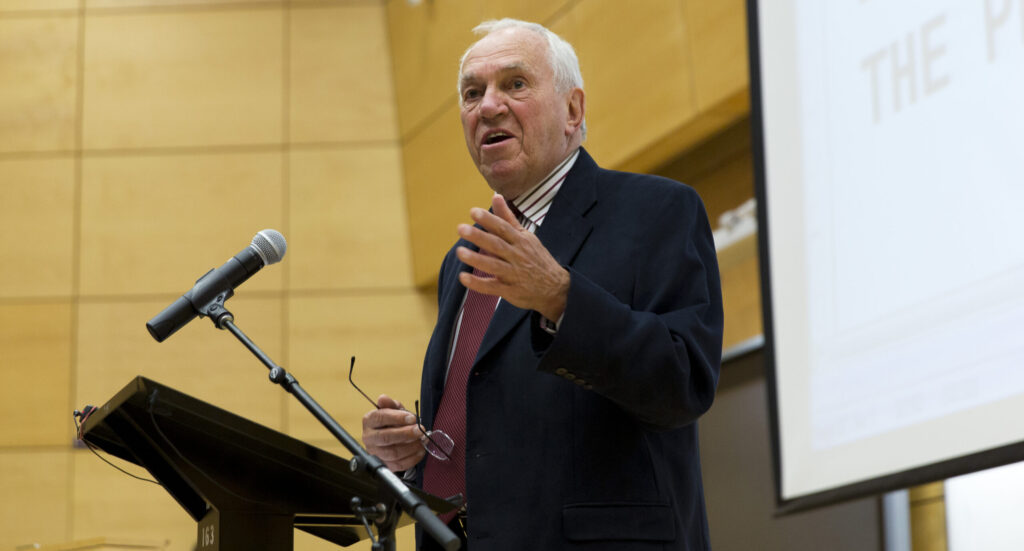Social democracy is the full extension of democratic principles to both society and the economy, to strengthen social and economic equality, and empower the working-class against the inequalities produced by capitalism. For social democratic governments throughout history and around the world, justice and equality for all people regardless of class, race, gender, religion and other forms of identity, as core principles of how they govern.
Social democracy is about more than capitalism plus a welfare state, and very much remains a goal rather than a reality.
We see social democracy as the sum of the values embedded in the United Nations system of human rights as found in the Covenant on Civil and Political Rights; Covenant on Cultural, Economic and Social Rights; and Declaration on the Rights of Indigenous Peoples.

The ‘fist and rose’ is a common symbol used by social democratic parties and organizations around the world. It depicts a rose, symbolizing the promises of a better life under a socialist government, and a clenched fist holding it, symbolizing the activist commitment and solidarity necessary to achieve it.
Social democracy puts the public good over the private enrichment of individuals or corporations. For a social democratic society, a market-based economy must not be allowed to produce a market-determined society. When there are conflicts between the human rights of people and the property rights of corporations, those of citizens must prevail.
To do this, we must “decommodify” essentials for everyday life: to take necessities like housing, healthcare, and education out of the profiteering of the free-market, and make them publicly available so that all can enjoy the benefits that they bestow. Public ownership and co-operative ownership are just some of the tools we can use to reduce the dictates of the market on working-class citizens.
We believe the crises we face—whether unequal economic outcomes, racism and discrimination, climate change and environmental degradation, and declining democratic participation — require for their resolution an activist public sector and a strong civil society.
To be humane, societies must be democratic — and, to be democratic, every person must be afforded the economic and social rights necessary for their individual flourishing.
On their own, political and civil freedoms are insufficient in the realization of that goal. Political democracy is not enough. In the twenty-first century, the rebuilding of social democracy must be our task.
Social democracy alone offers the foundation upon which the lives of people everywhere can be made dignified, just, and exciting.
For More on Canadian Social Democracy
Reflections on the Social Democratic Tradition – A 2017 discussion paper on Canadian social democracy by Broadbent Institute Research Fellow Andrew Jackson.

Seeking Social Democracy: Seven Decades in the Fight for Equality by Ed Broadbent with Frances Abele, Jonathan Sas & Luke Savage.
Ed Broadbent leads readers through a life spent fighting for equality in Parliament and beyond: exploring the formation of his social democratic ideals, his engagement on the international stage, and his relationships with historical figures.
